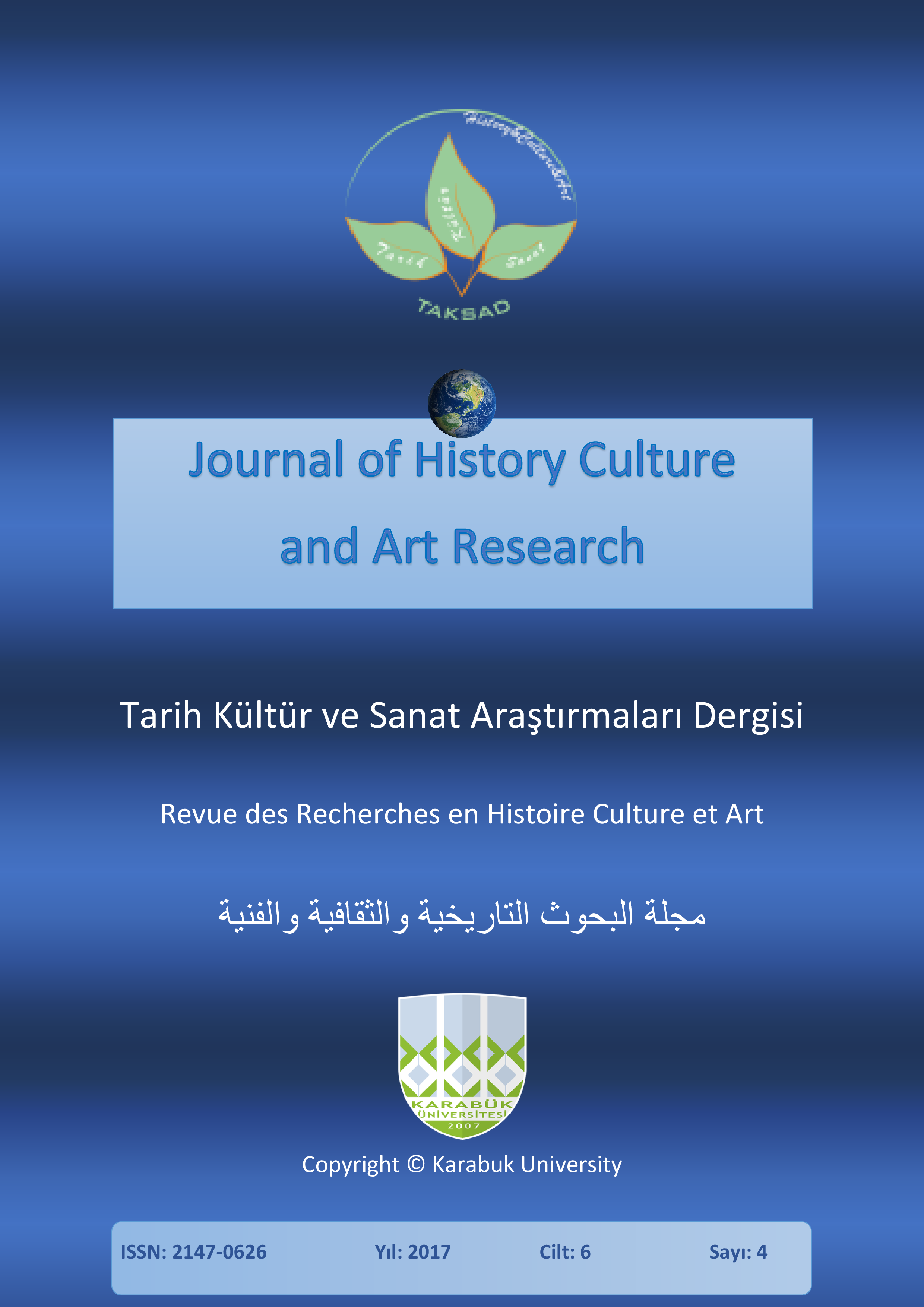Polysubject of the Student Group as a Psychological and Pedagogical Problem
DOI:
https://doi.org/10.7596/taksad.v6i4.1179Keywords:
Polysubject education, Polysubject, Student group, Subject-subject relations.Abstract
The article discusses the concept of "polysubject education" in the context of the development of subject-subject relations within the student group. On the basis of value-motivational, positive emotion and activity and creative criteria and their corresponding indicators, the authors define the levels of subjective becoming of the subject of education, as a student group. The article presents a typology of student groups. Experimental study of the levels of subject development of student groups was held on the basis of Belgorod National Research University. A set of diagnostic methods for determining the levels of subject development of the student group is presented in the article. The majority of the student groups in the traditional educational system of the university reaches just an atomic level of the subject in their development. We need joint efforts of the university administration, curators and students to achieve the objectives of the subject development of the student group.
References
Aksenova, G. I. (1998). Student as a subject of the educational process. M: Ryazan, RINFO, (in Russian).
Asmolov, A. G. (1996). Cultural-historical psychology and the construction of worlds. M.: Voronezh, (in Russian).
Borytko, N. M. (2006). The system of professional education in the university: the teaching method. Allowance. Volgograd: TTs Optim, (in Russian).
Dontsov, A. I. (1984). Psychology of the team (Methodological problems of research): Proc. Allowance. M. (in Russian).
Gaidar, K. M. (1994). Dynamics of the subject development of the student group in the period of study: the Dissertation of the candidate of psychological sciences: 19.00.05. Kursk (In Russian).
Isaev, I. F.; Shilova, V. S.; Eroshenkova, A. I.; Kaliuzhnaya, A. V.; Krolevetskaya, A. N.; & S. I. Tarasova (2016). Identification of Future Teachers Values and Their Preparation for Student’s Moral Education in the Context of Public Morality Destruction. The Social Sciences, 11, 6867-6871.
Lutoshkin, A. N. (1986). How to lead: Senior students about the foundations of organizational work. М.: Prosveshchenie (In Russian).
Mukhametzyanova, F. G. (2002). Subjectivity of a student of higher pedagogical educational institution: Theory and practice: the Dissertation of the doctor of pedagogical sciences: 13.00.01, 19.00.07. Kirov (In Russian).
Obukhova, I. A. (2003). Professional preparation of the teacher for the formation of the student's subjective position in the system of humanistic education: Author's abstract. The dissertation of the candidate of pedagogical sciences: 13.00.08. М.: MPGU (In Russian).
Petrovskiy, V. A. (1996). Personality in psychology: the paradigm of subjectness. Rostov on Don: Feniks (In Russian).
Sergeev, N. K. (2006 ed.). Educational activity in the university: the concept, technology, organization: educational-methodical manual. Volgograd (In Russian).
Shushunova, E. V. & Y. I. Bogatyreva (2016). The problem of professional development of teachers in modern education. Research Result. Pedagogy and psychology of education, 4(10), URL: http://research-result.ru/journal/pedagogy/annotation/908/ (In Russian).
Slastenin, V. A. (2011). Pedagogical Education: Challenges of the 21st Century. Siberian Pedagogical Journal, 3, 23 (In Russian).
Slobodchikov, V. I. & E. I. Isaev (2000). Psychology of human development: Development of subjective reality in ontogeny. М.: Shkol'naya Pressa (In Russian).
Umanskiy, L. I. (1974). Step-by-step formation of contact groups and teams. Problems of communication and education. Tartu. pp. 109-118 (In Russian).
Vachkov, I. V. (2002). Development of self-consciousness of teachers and students in polysubject interaction: the Dissertation of the doctor of psychological sciences: 19.00.13. M. (In Russian).
Zagrekova, L. V. (2001). Methodological basis of education of the future teacher. Higher education in Russia, 5, 59-64 (In Russian).
Zhuravlev, A. L. (2002). Psychology of the collective subject. Psychology of individual and group subject. M.: Per SE. pp. 51-81 (In Russian).
Downloads
Published
How to Cite
Issue
Section
License
All papers licensed under Creative Commons 4.0 CC-BY.- Share — copy and redistribute the material in any medium or format
- Adapt — remix, transform, and build upon the material for any purpose, even commercially.
Under the following terms:
Attribution — You must give appropriate credit, provide a link to the license, and indicate if changes were made. You may do so in any reasonable manner, but not in any way that suggests the licensor endorses you or your use.
- No additional restrictions — You may not apply legal terms or technological measures that legally restrict others from doing anything the license permits.







